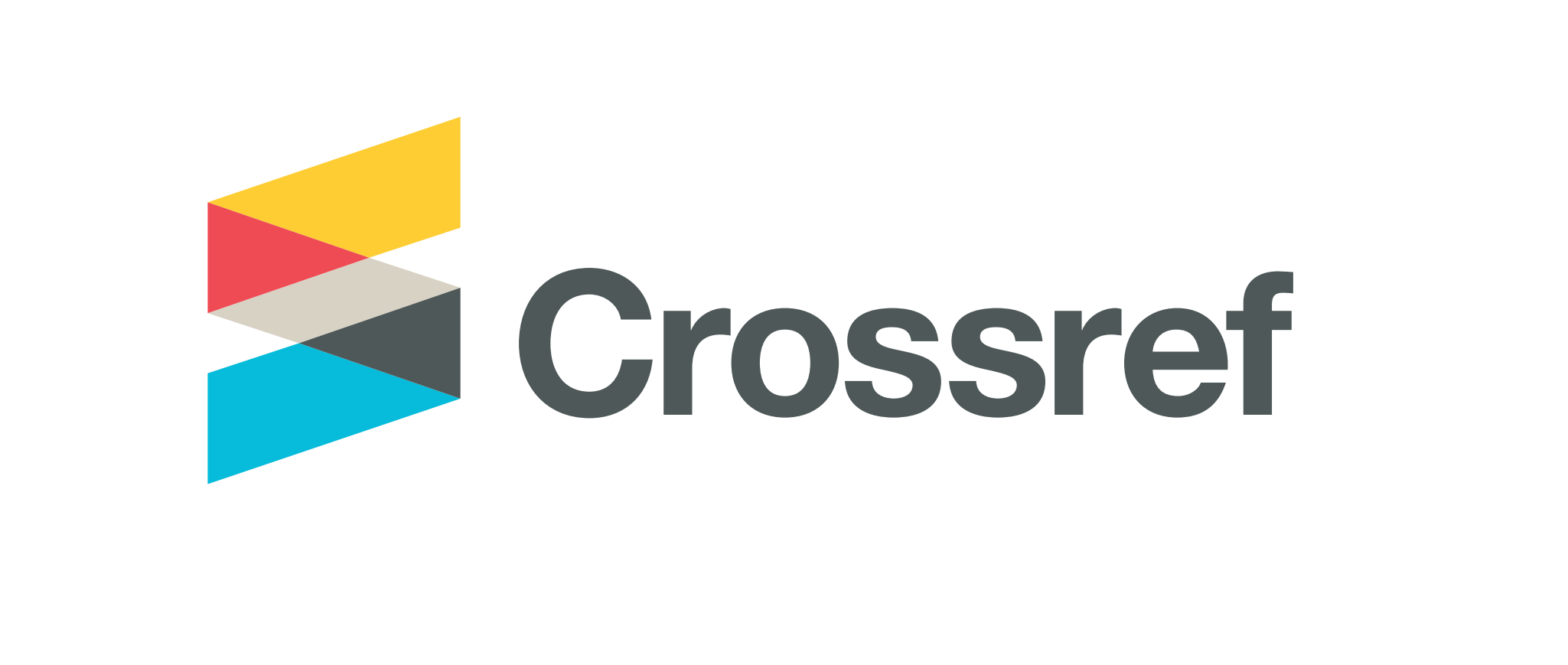Pengaruh Model Pembelajaran Dan Self-Efficacy Terhadap Hasil Belajar Matematika Siswa SMA Negeri 1 Parigi
Abstract
The research aimed to describe the influence of instruction model and self-efficacy to the student’s mathematics learning achievements. The research used quasi-experiment method with 2 x 2 factorial designs. Population of this research was students at grade XP.Mia SMA Negeri 1 Parigi in District of South Parigi. Sample of this research was students at Grade XE (28 students) and students at grade XF (30 students). Data was collcted by simple random sampling technique. Variable of this research was namely: independent variable was instruction model and self-efficacy and dependent variable was mathematics learning achievements. The data was collected by documentation, questionnaire, and learning achievement test. The result of the research was shown: (1) There was a significant different of student’s mathematics achievements between students were learning by PBL instruction model and studens were learning by STAD type of cooperative learning; (2) There was a significant different of student’s mathematic learning achievements with high self-efficacy and student’s achievements with low self-efficacy; (3) There was an interaction between teacher instruction model and student self-efficacy; (4) student’s mathematics achievements with high self-efficacy, who was learning with PBL instruction model don’t be better than student, who was learning with STAD type of cooperative learning model; (5) Student’s mathematics learning achievements with low self-efficacy, who was learning with PBL instruction model were better than student who learning by STAD type of cooperative learning model; (6) Student’s mathematics learning achievements who were learning with PBL instruction model, between student with high self-efficacy better than student’s with low self-efficacy; (7) Student’s mathematics learning achievements who learning with STAD type of cooperative learning model, between student with high self-efficacy better than student’s with low self-efficacy






